News
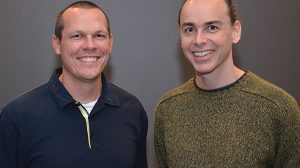
The William States Lee College of Engineering presented its 2013 Excellence in Teaching Awards to Mechanical Engineering and Engineering Science faculty members Dr. Tony Schmitz for undergraduate teaching, and Dr. Scott Kelly for graduate teaching.
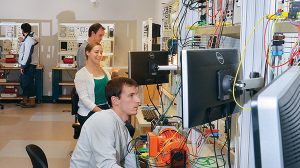
With experiments ranging from the principles of basic electromagnetism to the integration of renewable power systems into the grid, the AREVA Power Systems Teaching Laboratory in the UNC Charlotte Energy Production and Infrastructure Center (EPIC) building provides students hands-on learning tools that teach the many properties of electric generation and use.
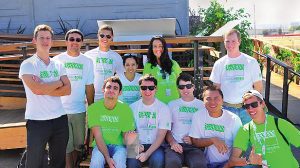
The students designed and built several engineering innovations into “UrbanEden,” UNC Charlotte’s Solar Decathlon house. The integration of these innovations made each more efficient, which caught the notice and praise of the judges, who named UrbanEden one of the best engineered houses in the international competition.
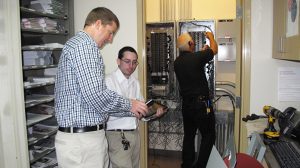
Determining the most efficient ways to operate buildings, the Sustainably Integrated Buildings and Sites (SIBS) program is helping businesses reduce energy consumption, which saves them money and at the same time decreases greenhouse gas emissions. SIBS is a National Science Foundation Industry/University Cooperative Research Centers (I/UCRC) program.
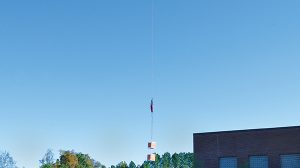
Designing, building and testing data systems for a balloon that flew into the stratosphere brought challenges of operating in the environments of both space and of earth.

Dr. Johan Enslin, former chief technology officer at Petra Solar, has been named director of the Energy Production and Infrastructure Center (EPIC) at UNC Charlotte. EPIC, headquartered in a new $76-million building nearing completion on the Charlotte Research Institute campus, will train a new generation of engineers and conduct research in new energy technologies.
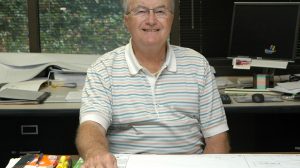
While building a business and raising a family, Steve Browning also found the time to keep passing on his knowledge of structural engineering, by teaching part time at UNC Charlotte. He found the time for 42 years.
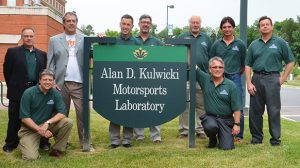
Gathering 20 years after his death, the teammates of Alan Kulwicki shared a number of colorful stories about the hands-on engineer who was the driver and owner of his NASCAR Winston Cup Championship team.
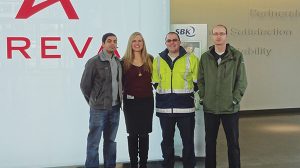
An email from Jason Early, Electrical Engineering, 2007: “I am in the test field in Erlangen, Germany. Pretty cool and the work environment is ‘where the rubber hits the road’. Crazy thing, Jessica (Jacey) Rogers walks in as a process engineer to run some tests! On top of that, Hannah (Austin) Arrington, David Ghali and Shelby Small are here in Europe. That’s five UNC Charlotte alumni coming together internationally and working on projects together even though we graduated at totally different times. I think this speaks miles for UNC Charlotte.”
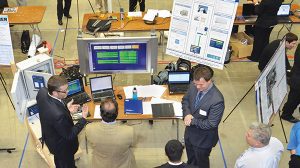
Competing with more than 40 other projects, the team of Andrew Gould, Thiec Rahlan and Joshua Smith won the top award at the Spring 2013 Senior Design Exposition for their Integrated Transformer Monitoring System project. Sponsored by Schweitzer Engineering Labs, the project involved the design, construction and testing of a transformer monitoring system centered around an existing transformer monitor, real-time automation control system and a dissolved gas analyzer.